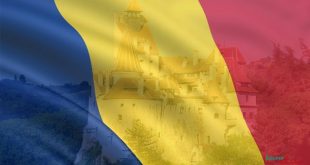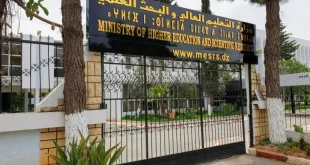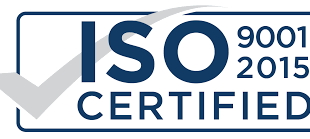The University of Oran 1 and the University of Sciences and Technology Houari Boumédiène (USTHB) the two Algerian partners of SEED4NA, held on Wednesday 2 June, 2021 an online national event gathering various speakers and participants from academia, research centers, public agencies and private companies. The aim of the event was to discuss a number of topics and issues related to the current landscape of EO/GI in Algeria, such as education, professional training, and applications in precision agriculture, forestry and rural development. The event provided an overview of the European experience in SDI, location intelligence solutions, and latest developments in remote sensing and data collection technologies. Spread over two sessions, the event was attended by 45 participants.
Report on SEED4NA Algeria 2021
Pr. Ahmed Hamou, the Rector of UORAN1, opened the event by a welcome address emphasizing the strategic role of EO/GI education in modern economies and societies, and his full commitment to support the project. Pr. Youcef Smara, a SEED4NA member from USTHB, underlined the importance to the project of national events involving various stakeholders. Mejdi Kaddour (UORAN1) summarized in the first talk the objectives and current activities of SEED4NA. Outlined parts were the analysis of current status of curricula in partner countries, design of project curriculum, stakeholder engagement activities and quality assurance. Afterwards, Nourredine Aribi (UORAN1) detailed the methodology and the outcomes of the survey of stakeholders’ requirements in terms of education and skills, carried within the task T1.3 of the project. Mohamed Hamoudi (USTHB) gave the audience an overall overview of EO/GI education and research at his faculty, in particular current Master programs in geomatics and various cooperation projects related to environmental and urban issues. Yahia Lebbah (UORAN1) introduced CUPAGIS, an ERASMUS+ CBHE project on applications of GIS technologies and sensing data in precision agriculture, and presented a new bachelor curricula in this domain expected to open up by next fall. The last talk of the morning session was given by Habib Mouissa (University of Djelfa), who presented a research study on the assessment of forest resources using satellite images.
Danny Vandenbroucke (KU Leuven) started the afternoon session by a general introduction to spatial data infrastructures and the European INSPIRE Directive. He discussed both technical and non-technical issues, and outlined future directions in SDIs and geospatial tech trends such as data science and the Internet of Things. Moussa Sofiane Karoui (CTS/ASAL), discussed advanced methods for processing remote sensing data such as BSS and spectral un-mixing, as well as their applications in object identification and change detection. El Mahfoud Sedjelmaci (InfoCarto) provided an overview of various GIS projects at his company, in particular in the area of management of water resources. He also presented a vocational training program targeting two occupational profiles in geoinformatics. Matouk Amimeur (BNEDER) exposed the activities the national office on rural development, highlighting various studies exploiting EO data in protection of natural resources, estimation of agricultural yields, and water and soil analysis. Ali Benahmed Daho (Tranformatek) presented the design of a location intelligence platform developed by his startup based on open source components, intended to deploy geo-enabled web apps for small businesses. Finally, Issam Boukerche (CTS/ASAL) discussed latest developments in LIDAR technologies and their applications in some projects at CTS such as modelling of industrial facilities or mapping of power lines.
At the end of the event, various participants expressed their satisfaction with regard to the content of the presentations and the complementary standpoints on EO/GI in Algeria given by the speakers. Discussions stressed out the need to renew this kind of events that bring together experts from academia and public/private sectors. In particular, many participants expressed their support and availability to organize a national conference in EO/GI in the near future.
34 participants have responded to a satisfaction questionnaire after the event, where 65% are from academia and the remaining 35% from public/private companies. The most represented disciplines are: earth Sciences/geography/geodesy/geomatics (35%), computer science and IT (32%), agriculture (12%) and electrical engineering/telecommunication (8%). All participants rated the content of the program from good to excellent with regard to usefulness of the covered topics and expertise and clarity of the speakers. The topics that received most interest can be ranked as follows: SDI, required EO/GI skills by professionals, open source platforms, remote sensing and image processing, advances in data collection technologies, and EO/GI applications in precision agriculture.
Below are some relevant comments from participants:
- “I want to build my courses on an interactive platform with the students, as well as making the students work as a complementary group to build together a small SDI model”
- “Suggestion: Sharing free tools and databases with participants in the next sections”
- “I think the subject addressed by the event is interesting to enhance research quality in a plethora of societal and industrial fields. The presentation of use cases in this sort of event is paramount in my sense especially for large public. The initiative is encouraging”.
- “The SDI/EO conferences are very useful and help improving and best designing our curricula.”
 University Oran 1 – Ahmed Ben Bella University Oran 1
University Oran 1 – Ahmed Ben Bella University Oran 1






